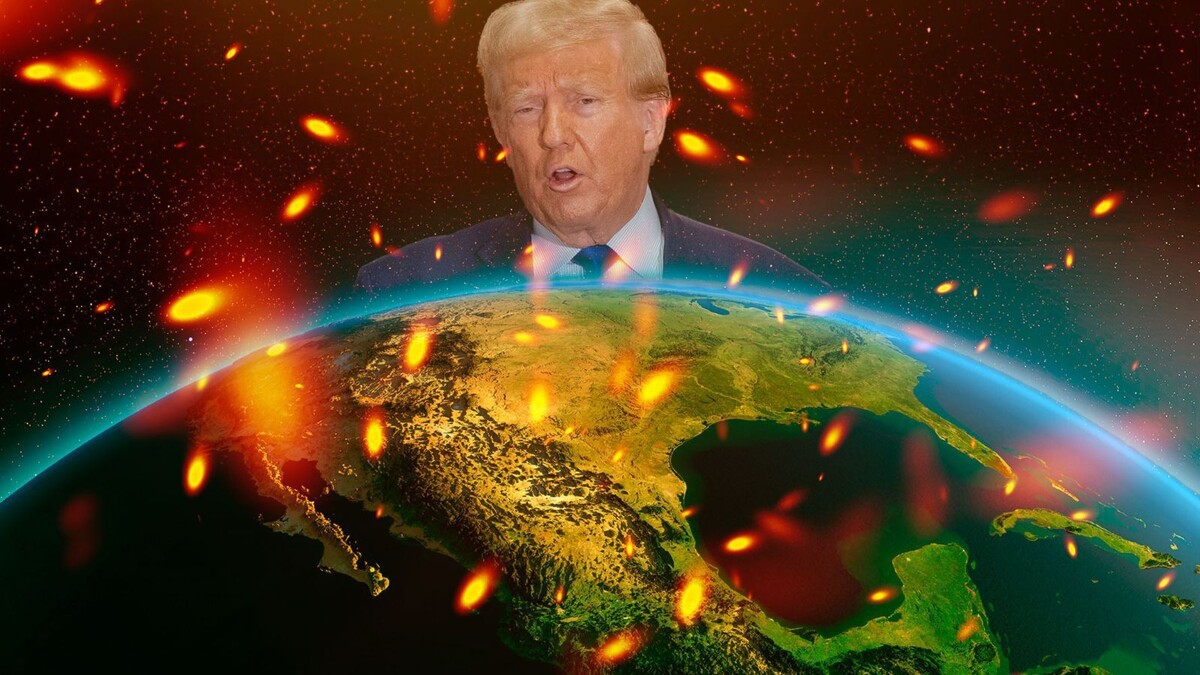
Donald Trump's recent interview with Bloomberg News on October 15 and polls predicting a possible close election in key states have raised concerns about the possibility of his return to the White House. For Mexico, a hypothetical Trump victory would not only mean a change of administration in the United States but also a period of uncertainty and tensions that could be devastating for the country, threatening the relocation of onshoring companies.
In the public debate in the United States, the economy has taken center stage, and more voters believe that Donald Trump will benefit their pockets, according to a survey by the consulting firm Bankrate. Trump made clear his intention to renegotiate trade agreements like the USMCA, which could threaten thousands of jobs in Mexico and the economic stability these agreements have fostered.
"My favorite word in the dictionary is tariff," Trump said, suggesting that if elected, he will impose heavy tariffs and zero taxes to promote the relocation of companies to the United States. This stance has generated uncertainty in the markets and poses a threat to Mexico's ability to compete globally.
The mogul has expressed his intention to impose tariffs of up to 2,000 percent, intensifying uncertainty in economic sectors. Trump has identified the automotive industry as a threat and has hinted that he will not allow the entry of vehicles manufactured in Mexico. This poses a worrying scenario for key industries in Mexico, such as the automotive sector, which exports much of its production to the United States.
The stability, growth, and security of Mexico could be affected by the economic policies proposed by Trump and the lack of internal certainty. A second term for the U.S. president could intensify these policies and his xenophobic rhetoric, which would have repercussions both economically and humanitarianly.
Foreign investment in Mexico, crucial for economic growth, could decline due to the uncertainty generated by Trump's policies. Capital flight and a possible economic slowdown are scenarios that cannot be ignored. In an increasingly globalized and interdependent world, it is vital to be prepared to face these challenges.
Trump's rhetoric and actions represent a threat both to the Mexican economy and to bilateral relations. A victory for Kamala Harris could signify a more favorable stance toward Mexico, based on trust and stability. At a time of uncertainty, it is essential to be prepared for the challenges that may arise in the future.














